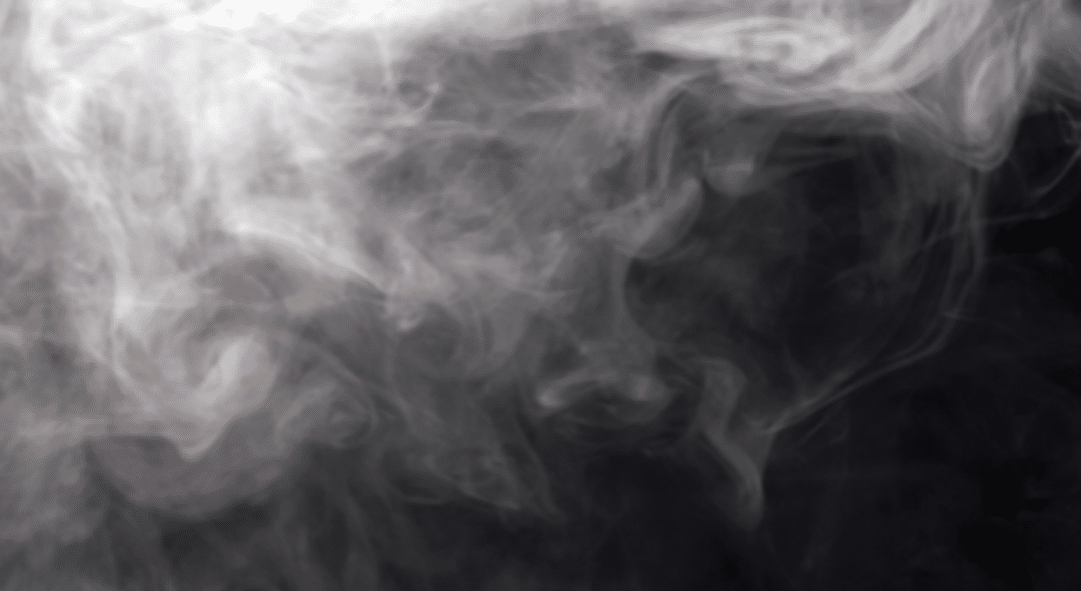During the pandemic, the Michigan Department of Corrections suspended all Alcoholics Anonymous meetings, “substance abuse” classes and support groups, many of which have still not resumed. Our yard access was limited, our phone time reduced. Our visits with loved ones turned into partitioned visits with masks on, each prisoner’s 45 visitation hours each month cut down to six. They didn’t leave us with too legal many options for how to pass the time.
But our illegal options have also diminished. The depressing pandemic restrictions that set the scene for increased drug use have also made much of the supply too expensive to access. In our facility at least, the supply has changed completely in the past two years. The most popular substance for sale these days? Tunechi.
Some people on the outside might already associate the name with K2—synthetic marijuana. But in here, nobody had heard too much about tunechi before 2020. Everyone knows it now, but disagrees on what exactly it is. Some people swear that “tunechi” as we receive it in here is LSD, or PCP. I’ve heard staff tell each other that the prisoners are just smoking bleach. Nobody incarcerated here knows for sure, and everyone buys it anyway.
Tunechi is abundant, accessible and gets you high for only $3 or $4.
As with synthetic weed in the outside world, tunechi’s rising popularity doesn’t necessarily mean people enjoy it. A lot of people are embarrassed they even use “tune” at all, but it’s the only thing they really have access to.
Pretty much everyone in here would prefer the more mellowing effects of real weed, but can no longer afford it. Before the pandemic, $20 or $25 could get you a toothpick’s length of weed. It’s double that now. Tunechi, meanwhile, is abundant, accessible and gets you high for only $3 or $4. Not the “drug of choice,” just the only choice.
The Corrections Officers (COs) bring most of it in, soaked into little pieces of paper, a common method of getting drugs into prisons. They reap the profits, and don’t appear bothered by whatever happens next.
“They’re flooding the place with this new paper dope,” another prisoner known as DF told Filter. He described it as “ruining guys’ lives.”
Sometimes our tunechi supply seems to make people dissociate. Other times people seem overamped, like they’d smoked crack or meth. Some people think tunechi has been responsible for seizures. We never know what it’ll do or how strong it’ll be.
What’s sold to us as tunechi could contain different drugs each time. We don’t know if whatever it is has particularly adverse effects on people with who have certain underlying conditions or who take certain medications. That’s what we thought happened to a prisoner who died here a few months ago. Staff told us it was a heart attack triggered by COVID.
“They said it was from COVID,” Sherwin “Scott” McMillan told Filter. But tunechi “makes your heart race. It’s like crack.”
Though we can’t know what killed him, we do know he was in general population—and all COVID-positive Level II prisoners have been housed in the gymnasium since January, or at least they’re supposed to be. The Michigan Department of Corrections did not respond to Filter‘s request for comment.
“Everybody knew he was [in his cell] getting rocked,” another prisoner said. “Now that he’s dead they’re trying to say it was COVID. They know it makes ’em look bad.” COs in other prisons have let prisoners die from K2 under their watch. But we still have no way of knowing not just if tunechi was responsible, but if our tunechi is K2.
“You smell the smoke all throughout the unit.”
The unpredictability of tune, and the indifference of the COs who deliver it, has heightened the chaos we experience in here each day. Why would the COs intervene, when it’s so profitable? Drug testing isn’t too frequent around here.
“You smell the [tunechi smoke] all throughout the unit,” McMillan said. “[Staff] just gave up trying to control it. They’re the ones bringing it in.”
Despite a handful of COs getting caught bringing in drugs in recent years, MDOC continues to place the blame on us and our loved ones. We’re not allowed to receive our real mail anymore, lest the paper be soaked with tune or something better. We only get photocopies of our letters.
The conditions of imprisonment are humiliating and depressing. We can’t choose when we eat, sleep, shower, even use the bathroom. From the moment we’re arrested it’s as if we no longer deserve human rights at all. We’re deprived of the necessary tools to rebuild ourselves, let alone any sanctioned form of recreation or relief—leaving us only with sources of pleasure we don’t even like, but will use because they’re the only ones we have.
Photograph via Federal Bureau of Investigation





Show Comments